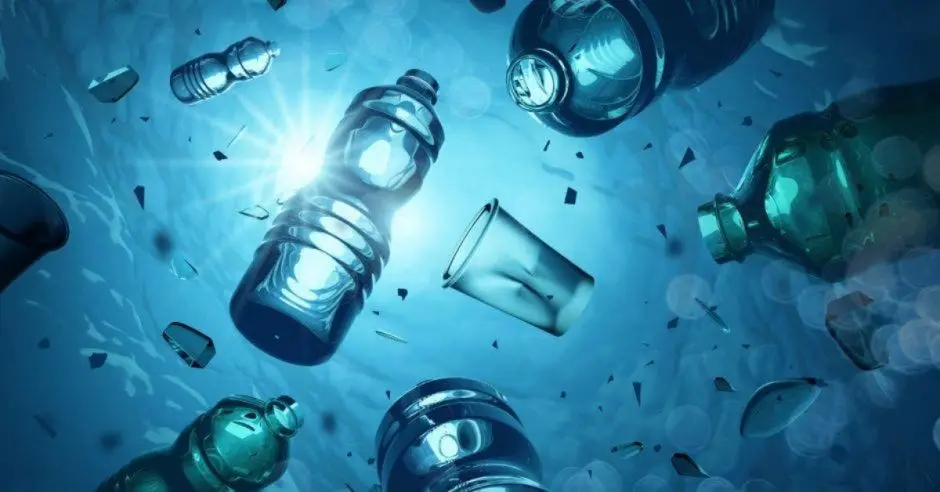
Camagüey, July 18 – Scientists and specialists from Camagüey are intensifying strategies to reduce plastic pollution, a global scourge currently affecting coastal and marine ecosystems in Cuba.
Following World Environment Day, which began last June under the slogan "No Plastic Pollution," the delegation of the Ministry of Science, Technology and Environment (Citma, for its acronym in Spanish) in Camagüey highlighted that 400 million tons of plastic end up in oceans and rivers annually.
Such a statistic poses a threat to biodiversity and tourism globally.
Lisbeth Font, who was Citma's delegate until 2025, explained that the integrated work with centers such as the Center for Environmental Research and the University of Camagüey has allowed progress toward environmental goals.
The efforts have included the sustainable management of 800 hectares of land and the protection of 32.5% of the territory through 24 protected areas.
In tourist areas such as Santa Lucía and Cayo Cruz, key to economic development, wastewater treatment and the rehabilitation of water networks are prioritized, with 80.5 per cent being managed safely.
Tarea Vida, Cuba's plan to combat climate change, has promoted the adaptation of 38 resistant crops and the use of biofertilizers such as Fertomil in Camagüey, reducing dependence on harmful chemicals.
International projects such as Resiliencia Costera and Mi Costa strengthen the monitoring of fragile ecosystems, such as the coral reefs in Nuevitas, combining science and artificial intelligence to monitor impacts.
Font highlighted the importance of environmental education in communities and the tourism sector, along with initiatives such as Turismo Azul, which promotes sustainable practices on beaches that represent 20 percent of the national total.
In 2024, progress was highlighted, such as the evaluation of 82 percent of endemic species and the eradication of forest fires, thanks to state inspection and citizen collaboration.
“Reducing plastic requires rethinking its use and strengthening alternatives,” Font stated, highlighting campaigns to limit waste in Nuevitas Bay, where scientists analyze microplastics with support from projects such as Euroclima+. (Source: Prensa Latina)